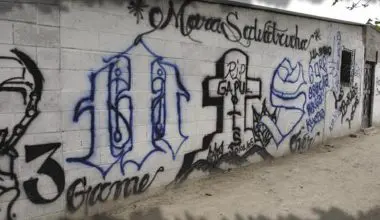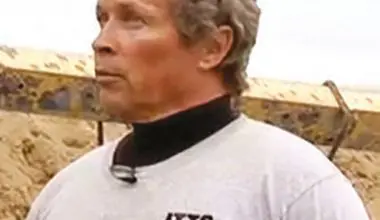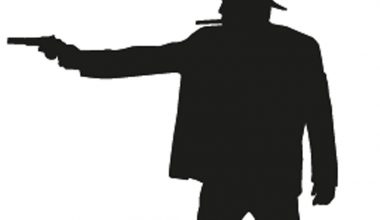I can unequivocally state that in officer involved shooting cases, the real work begins after the last trigger press. This is the point in time when each and every action taken must be accounted for. This includes all events prior to, during and after the event. An officer’s ability to accurately recount the events is of paramount importance. Skilled oppositional attorneys will find and exploit weaknesses in an officer’s inability to accurately reflect and recount what, in fact, transpired in the field.
Forensics has made quantum leaps from two decades ago. Video captures, audio files and cell phones have created an instantaneous recall of events. This can work for and against us. I will not get into the forensics available to us, as that would fill volumes. Suffice to say that we can fairly accurately piece information together and present a virtual picture of the events as they occurred. The problems I am encountering are due more to human error than anything else. Here goes.
Officers do not read as much as they did in decades past. Everything has been synopsized down to tweets, bits of information, abbreviations, and improper grammatical syntax and verbiage. Proper grammatical structure has been reduced to virtual street slang. As an example: “Him and me got out of the police car” is not correct. “He and I alighted from the police vehicle” is correct. If you have an English teacher on the jury, they will take an immediate dislike to you if you should employ the former rather than the latter sentence structure.
Malapropisms are replete within many modern officers’ lexicons. “I ‘maligned’ my sights and saw the glass ‘spall-ding’ from the windshield.” Any educated person seated on the jury will question why you were ever issued a badge and gun—and so would I. If you are not sure of the definition or proper usage of a word, avoid it altogether.
Should you find yourself in a depositional format, you will be asked if you reviewed your reports prior to the session. Should your response be in the affirmative, you’d better accurately recount what you reflected in the original report.
I have encountered three or four varying versions of the same event from the same officer, which makes my job rather difficult. Which version is accurate? If I am attempting to sort out the most accurate version of events, you can bet a jury will have a hard time of it as well.
Skilled attorneys will seize (and rightfully so) on the inability of an officer to render an accurate and truthful recall of an incident. This can open up the officer, department and city itself to major financial loss and liability. Skimming over a report 15 minutes prior to entering a law firm’s conference room will absolutely ensure failure.
You are not expected to accurately recount the minute details of a life-anddeath encounter. It is my job to explain to a jury why some things are recounted and explained by an individual in the manner in which they are. You can find yourself in a terrible tangle when you inaccurately attempt to “fill in the blanks.” Again, that is my job. If you are not sure, then you are not sure, and stating such is by far the best and most truthful approach to the situation.
Many younger officers are not good active listeners. They formulate responses and thought patterns while questions are being asked of them without “actively” listening and waiting for any given question to be posed in its entirety. This is likely more of a maturation and experience issue than anything else.
Asking for clarification on a point of fact is entirely within your right to request. If you do not understand the question, don’t attempt to restructure the question as you believe it to be. This is within the attorney’s domain, not yours. If they cannot properly formulate the right question within the right format, let them deal with it—not you.
This can open up many avenues that might not have been previously entertained save for the fact that you just presented it to them on a silver platter. One needs to prepare for depositions and trial just as one prepares for field encounters by training on the range. When you get down to it, there is really no difference between the two.
The more confidence you exhibit in your thorough knowledge of the events, the more accurately and concisely will be that response rendered to any given question. It’s called professionalism.
None of this is about being disingenuous, untruthful or evasive. It is about being truthful and rendering the best recollection of events in the most professional manner that you can, especially when subjected to pressure.
In some cases, I would say that the deposition phase and trial testimony can be even more stressful than the original incident itself. You are obligated by law to render the most precise, truthful and accurate recollection of events possible.
This means you must prepare. You must study. You must upgrade your language skills. You might want to read some real books by accomplished writers. You must practice responses to anticipated questions. You cannot simply walk into a legal setting and “wing it” because you see yourself as the best thing since sliced bread without any reasonable cause to believe in your own press in the first place.




